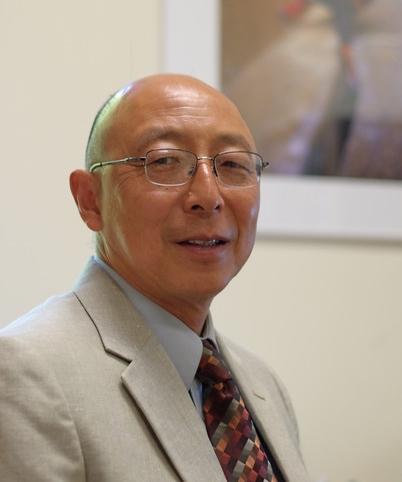
AERA report offers recommendations for IES reauthorization
Newswise — NEW ORLEANS, Louisiana, April 10, 2011—The American Educational Research Association (AERA) releases a new Report and Recommendations for the Reauthorization of the Institute of Education Sciences (IES), the major federal agency that funds education research. The Report aims to serve the nation by offering recommendations that can lead to an even stronger and more vital education research agency.
The Report is to be released Monday, April 11, during the professional society’s 92nd Annual Meeting in New Orleans, Louisiana. Nearly 14,000 education researchers from the United States and more than 60 countries attend the 2011 Annual Meeting which has its theme, “Inciting the Social Imagination: Education Research for the Public Good.”
“This new Report reaffirms AERA’s commitment to an IES that supports and fosters research and thereby advances education and learning now and for the future,” states AERA Executive Director Felice J. Levine. “Approved by the AERA Council, it aims to inform the legislative process, and ultimately to result in a stronger commitment to federal education research and statistics programs.”
The Report makes recommendations organized in six areas central to improving IES work. The six areas are:
1. National Center for Education Statistics
Increase the independence and autonomy of the National Center for Education Statistics
to enable it to be an effective national resource of unquestioned objectivity.
2. Increased Flexibility for the IES Director
Provide increased flexibility for the agency to set priorities and create programs designed
to achieve the mission of providing research leadership to the nation.
3. Knowledge Utilization
Provide increased guidance in understanding phenomena associated with knowledge utilization in education and in using this understanding effectively to communicate
sound research findings to policy makers and educators at all levels.
4. Special Education
Complete the effective integration of the National Center for Special Education Research
into IES.
5. Coordination and Collaboration across Agencies
Provide for a leadership role by IES in coordination and collaboration across
federal research agencies.
6. Adequate Resource Support for Research in IES
Provide adequate support to IES for research.
For more than two years, the American Educational Research Association has been engaged in an examination of the Institute of Education Sciences (IES) in order to provide guidance to the U.S. Department of Education and members of the 112th Congress on the reauthorization of IES.
To develop this Report, the Association convened an eleven-member Task Torce chaired by Kenji Hakuta of Stanford University. Hakuta formerly chaired the National Educational Research Policy and Priorities Board through the life of the last re-authorization of OERI (Office of Educational Research and Improvement), the U.S. Department of Education’s predecessor to IES.
Hakuta states that early on Task Force members reached agreement that they wanted to build on the strong foundation that had been established at IES in recent years, and avoid the twin problems that often arise in such work: the tendency to start over and the tendency to address every problem through legislation.
During the past two years, AERA conducted three research-oriented workshops, attended by experts and representatives from organizations anticipated to become engaged in IES reauthorization. AERA also sought comments from other scholarly associations.
Gerald E. Sroufe, study director for the project, emphasizes the benefit derived from this workshop approach to identifying and addressing issues. “Each workshop enjoyed the participation of two dozen representatives of Washington-based scientific associations, and each workshop began with a panel of experts, including Congressional staff, foundation officials, and researchers,” Sroufe adds.
AERA officially releases the Report and Recommendations for the Reauthorization of the Institute of Education Sciences (IES) on Monday, April 11, at a 2:15 p.m. session, held in Sheraton New Orleans / Napoleon Ballroom B2. AERA Immediate Past President Carol D. Lee of Northwestern University moderated the panel of featured speakers, who also were Task Force members. Panelists include: Felice J. Levine, AERA Executive Director; Kenji Hakuta, Stanford University School of Education, Chair, AERA Task Force on IES Reauthorization; and Carl F. Kaestle, Brown University.
Later this spring, AERA plans to present the Report and Recommendations for the Reauthorization of the Institute of Education Sciences (IES) on Capitol Hill in an event for Congress, the U.S. Department of Education and other agencies, and relevant associations and organizations with interests in IES reauthorization and education research and statistics.
―AERA―
Editor’s Note: The full text of Report and Recommendations for the Reauthorization of the Institute of Education Sciences (IES) will be posted on the AERA Web site: www.aera.net
The American Educational Research Association (AERA) is the national interdisciplinary research association for approximately 25,000 scholars who undertake research in education. Founded in 1916, AERA aims to advance knowledge about education, to encourage scholarly inquiry related to education, and to promote the use of research to improve education and serve the public good.



